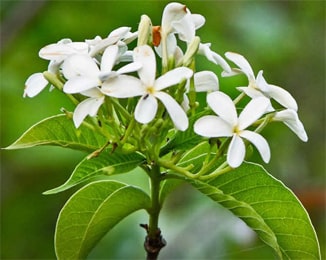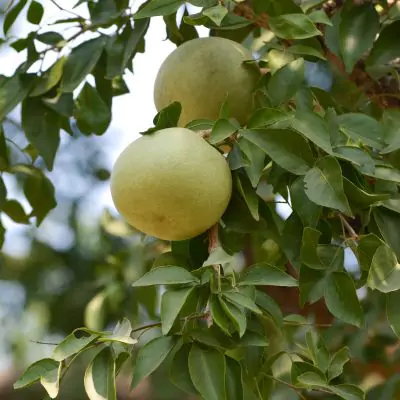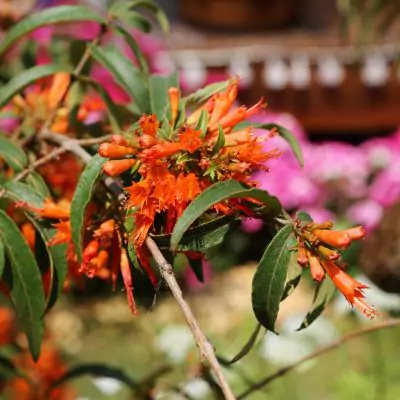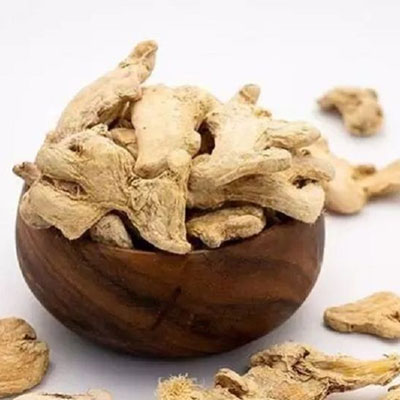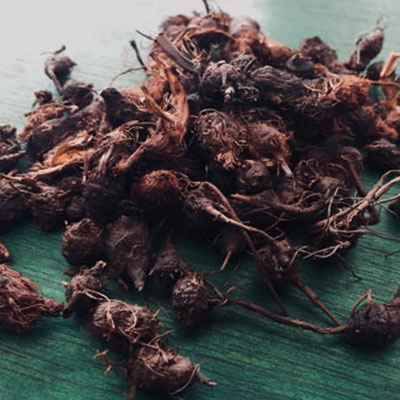Dysentery is an infection of the intestines, primarily the colon that leads to severe diarrhoea mixed with blood and mucus. It is commonly caused by bacterial or parasitic infections and is often linked to poor hygiene and sanitation.
Dysentery affects 165 million people worldwide annually, with 125 million cases in children under five years old.
The majority of cases occur in developing countries.
Mortality: Causes approximately 1.1 million deaths annually, mainly due to dehydration and malnutrition.
Common Agents:
- Bacterial dysentery: Caused by Shigella (shigellosis) and Escherichia coli.
- Amoebic dysentery: Caused by Entamoeba histolytica.
Causes of Dysentery
1.Bacterial Dysentery:
- Shigella (most common cause in developing countries).
- Escherichia coli (E. coli).
- Salmonella or Campylobacter.
2. Parasitic Dysentery:
- Entamoeba histolytica (common in tropical regions).
3. Modes of Transmission:
- Contaminated food or water.
- Poor hygiene or close contact with infected persons.
- Inadequate sanitation.
Symptoms of Dysentery
1. Common Symptoms:
- Severe diarrhoea with blood and mucus.
- Abdominal pain or cramps.
- Nausea and vomiting.
- Fever and chills.
- Fatigue and weakness.
2. Severe Cases:
- Dehydration (dry mouth, reduced urination, dizziness).
- Weight loss.
Ayurvedic Perspective on Dysentery (Atisara or Pravahika)
Dysentery is classified under Pravahika or severe Atisara (diarrhea).
Dosha Involvement:
Predominantly caused by an imbalance of Vata and Pitta doshas, often triggered by poor digestion (Ama) and improper food habits.
Pathogenesis (Samprapti):
Weak digestive fire (Agni) leads to accumulation of toxins (Ama), which irritates the colon, resulting in inflammation, excessive bowel movements, and loss of vital fluids.
Dietary Guidelines
Recommended Foods:
- Warm, easily digestible foods like rice gruel (Kanji), pomegranate juice, and buttermilk.
- Avoid spicy, oily, or heavy-to-digest foods.
- Hydration: Include plenty of fluids like coconut water or herbal teas to combat dehydration.
Lifestyle Recommendations
- Maintain good hygiene and sanitation.
- Wash hands regularly, especially before eating.
- Avoid stale, contaminated, or unhygienic food and water sources.
Panchakarma (for Chronic Cases)
- Virechana (Therapeutic Purgation): Clears toxins after stabilizing the condition.
- Basti (Medicated Enema): Restores colon health and balances Vata dosha.
Herbal Remedies
Kutaja (Holarrhena antidysenterica):
A primary herb for dysentery; stops diarrhea and soothes inflammation.
Bilva (Aegle marmelos):
Helps strengthen the intestines and reduce mucus.
Dhaataki (Woodfordia fruticosa):
Controls bleeding and mucus in stool.
Sunthi (Dry Ginger):
Improves digestion and reduces inflammation.
Musta (Cyperus rotundus):
Effective in managing diarrhea and balancing Pitta.
Medicinal Formulations
- Kutajarishta: A classic Ayurvedic formulation for treating dysentery.
- Bilwadi Churna: Controls excessive bowel movements and inflammation.
- Panchamrut Parpati: Strengthens digestion and reduces Ama.
- Chandrakala Ras: For severe Pitta-related dysentery with bleeding.



